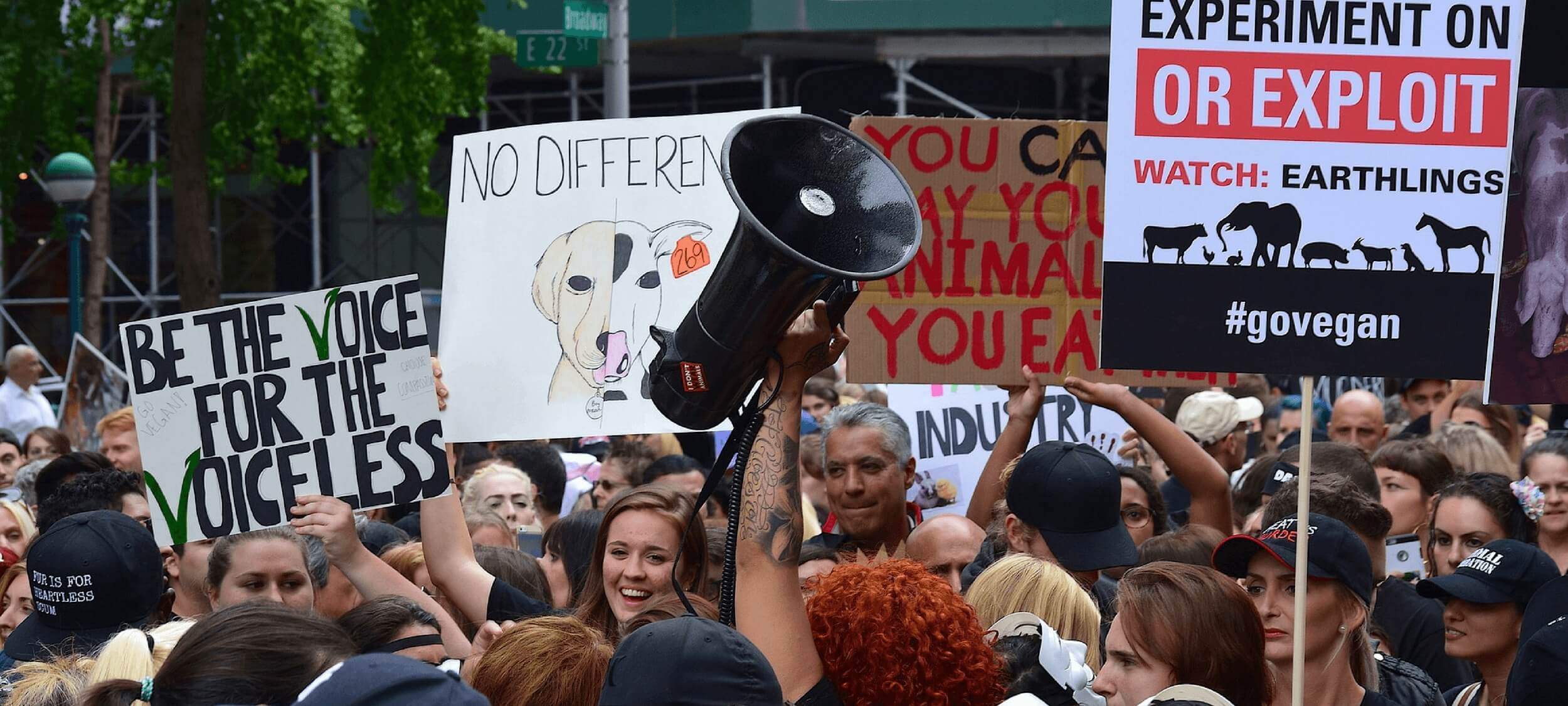
Tough love makes welfare and drug dependency worse
Opinion + AnalysisHealth + Wellbeing
BY Nicole Lee The Ethics Centre 17 MAY 2017
“Look, if somebody has got an addiction to drugs and you love them, what do you want to do? You want them to get off it, don’t you?” Malcolm Turnbull said recently in defence of the Coalition’s new plan to conduct drug tests on welfare recipients. “This is a policy that is based on love”.
The policy warrants some analysis – starting with the methodology.
The government plans to conduct drug tests on 5000 welfare recipients in three undisclosed locations as a pilot program – with these locations selected by testing waste water. Just so we’re clear on this, they’ll be testing sewage water for the presence of drugs. So if, for example, Toorak registers a high reading for drugs, welfare recipients in that suburb may be nominated to participate in the pilot program.
It’s not clear whether the government plans to test the sewage pipes of every suburb of Australia, or just the ones with a lot of welfare recipients.
Once this messy, smelly, but undeniably fascinating work has been completed, the policy will operate on a “three strikes” approach. The first positive drug test will place welfare recipients on a cashless debit card that cannot be used for alcohol, gambling or cash withdrawals. A second strike gets you a referral to a doctor for treatment. After three strikes, your welfare payments are cancelled for a month.
Unfortunately, sanctions and punishment won’t help people manage their drug use. Love – even tough love – isn’t going to get us anywhere near a solution. Here’s why.
Drug use and drug dependence aren’t the same thing
Not everyone that takes drugs is dependent on them and not everyone needs treatment. All the drugs on the proposed testing list are used recreationally and the majority of people who use them are not dependent.
Only a relatively small proportion of current users – around 10% – are dependent on alcohol or other drugs. For example, very few people who use ecstasy ever become dependent on it. Only 1% of people seeking help from alcohol and other drug services name it as their primary drug of concern. Seventy percent of people who have used methamphetamine in the last year have used less than 12 times. Around 15 percent are dependent on it.
This means the government is potentially wasting large amounts of money drug testing and sanctioning people who only use occasionally.
It will do more harm than good
Whatever you believe about the morality of drug use, the reality is that just restricting income and expenditure will not stop people using drugs. It’s just not that simple. And it creates a number of potential unintended consequences.
Even if we assume that everyone who uses drugs needs treatment (which is not the case), you can’t just say “Stop it!” and hope that works. Dependence is a chronic and relapsing condition. Anybody who has been a regular smoker or has participated in Dry July probably has some experience of how hard it is to abstain from their drug of choice, even for a short time.
Even if it could stop people using, this proposal doesn’t address any of the broader social risk factors that maintain drug use and trigger relapse.
The idea that taking away money to buy drugs will magically stop people using them is a gross oversimplification of why people use drugs, what happens when they are dependent on them, and why they quit. Theft and other crime may increase as people denied payments find other ways to buy drugs.
Even if it could stop people using, this proposal doesn’t address any of the broader social-risk factors that maintain drug use and trigger relapse: mental health issues, disrupted connection with community, lack of employment and education, housing instability, and poverty.
Worse still, the policy may discourage people who are dependent on drugs from seeking help for fear of losing their benefits.
Drug testing doesn’t reduce drug use or its consequent harms. But what it can do is shift drug use to other (often more dangerous) drugs that are not part of the testing regime. People who use cannabis may switch to more dangerous synthetic cannabinoids and those using ecstasy or methamphetamine may switch to other more harmful stimulants.
It threatens civil liberties
In a workplace context, court rulings clearly indicate that drug testing is only justified on clear health and safety grounds. This is because there is a balance required with privacy and consent. Greg Barnes from the Australian Lawyers Alliance has already highlighted the potential conflict in gaining consent of a vulnerable individual under duress of sanctions.
The measure targets the most vulnerable, poorest, and youngest Australians, potentially further marginalising and stigmatising them. We know that when people feel stigmatised they are less likely to seek the help they need.
Punitive measures just don’t work. They reflect a deep lack of understanding about drug use, its effects and of what works to address drug-related problems.
It creates a “deserving” and “undeserving” dichotomy based on private moral judgements about whether it is right or wrong to use drugs.
It assumes, without evidence, that drug use is a major cause of welfare dependence and a barrier to finding work. Research from the US suggests neither is true.
We need evidence-based policy
It’s difficult to see what the government will achieve from this paternalistic measure. Politically, it may appease the far right’s “tough on drugs” rhetoric – but as a piece of policy, it is unlikely to achieve what it hopes to.
The experience from the US is that punitive measures just don’t work. They reflect a deep lack of understanding about drug use, its effects and of what works to address drug-related problems.
This is not going to reduce drug use or harms. It has the potential to increase crime, infringes on civil liberties and it is going to cost a lot of money that would be better spent in harm reduction and drug treatment.
If the government really wants to put this kind of money into reducing drug use among those on welfare, providing more money to the underfunded treatment sector would be a better place to start.
According to the Drug Policy Monitoring Program at UNSW, drug treatment is funded at less than half the amount the community needs. Yet for every dollar we put into treatment we save $7 in health and social costs. If we want to save money in the budget, it seems like a no-brainer.
Ethics in your inbox.
Get the latest inspiration, intelligence, events & more.
By signing up you agree to our privacy policy
You might be interested in…
Opinion + Analysis
Climate + Environment, Health + Wellbeing
How should vegans live?
Opinion + Analysis
Health + Wellbeing, Relationships
Living well or comfortably waiting to die?
Opinion + Analysis
Health + Wellbeing
I’m an expert on PTSD and war trauma but I won’t do the 22 push up challenge
Explainer
Health + Wellbeing, Relationships




